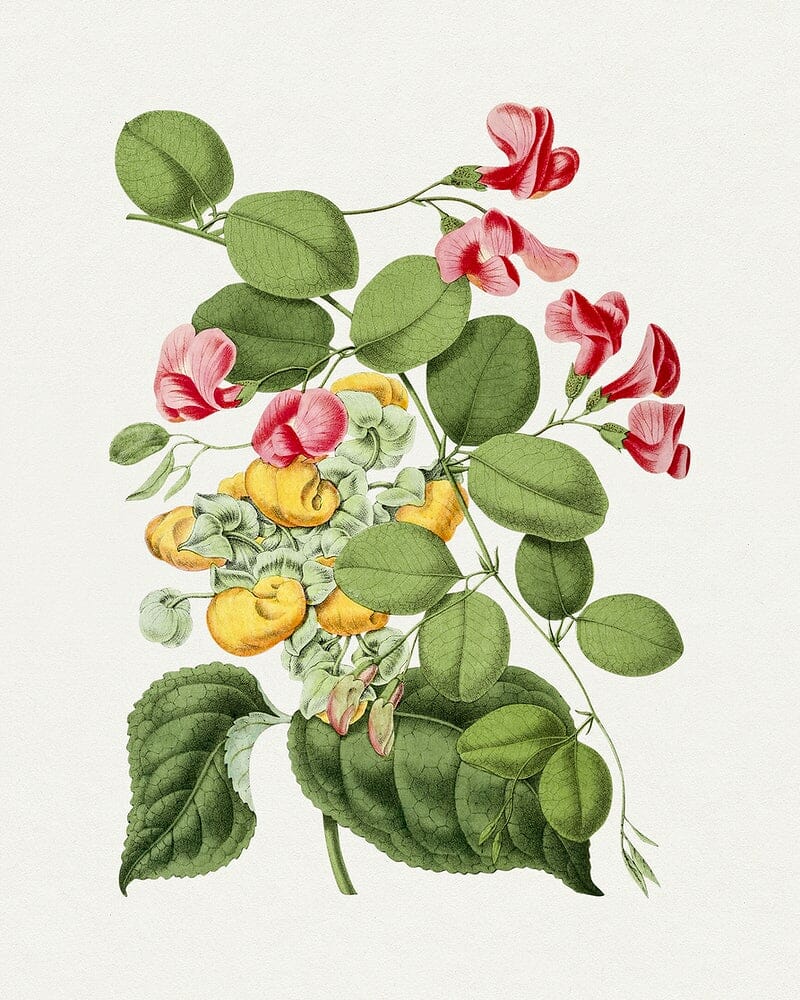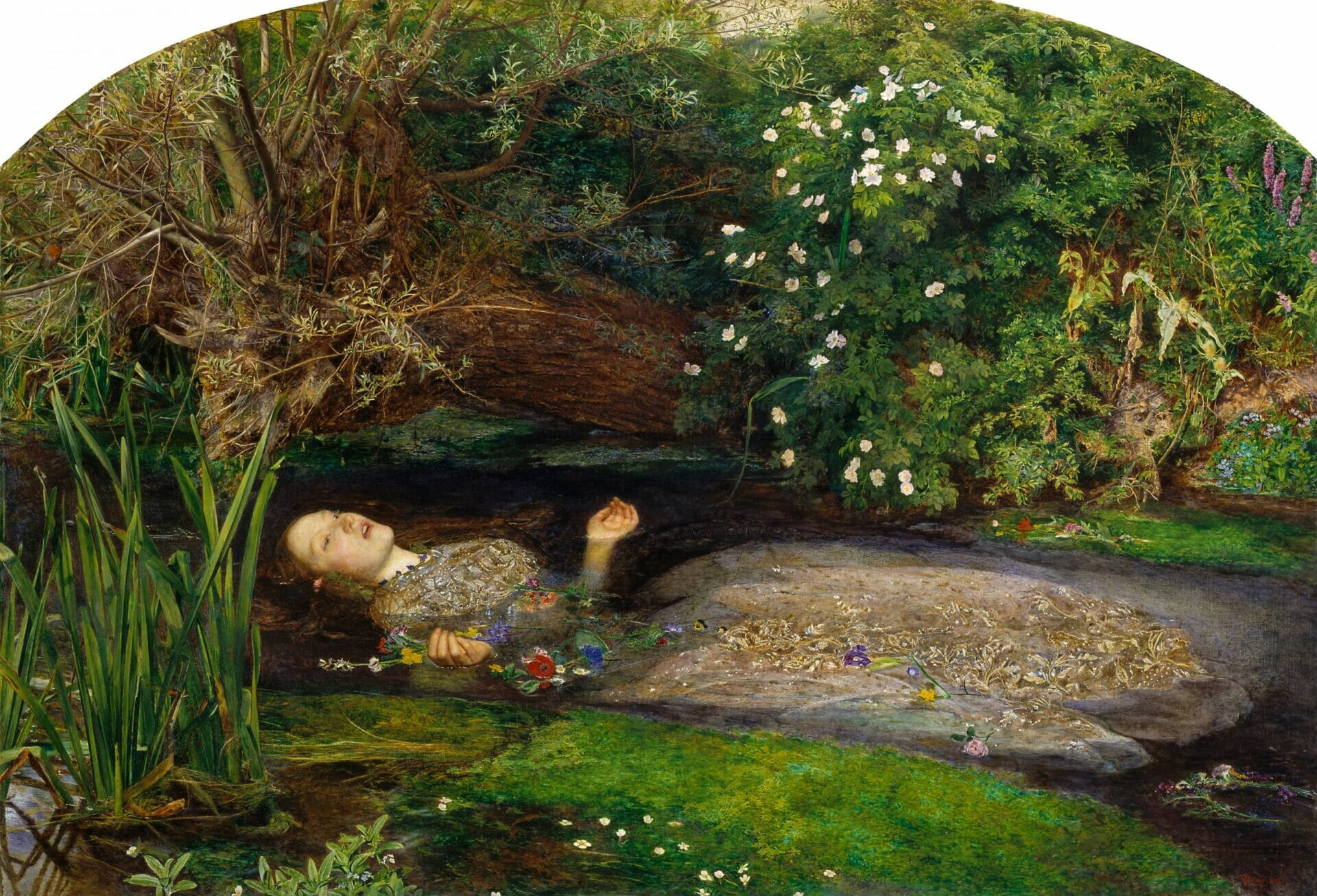
Francisca Aguirre's Loom | The importance of others in an absurd life
Author
Format
Length
Original language
Subgenre
The poem Loom is the last poem from the 1972 poetry collection Ithaca, written by Francisca Aguirre who, together with other Spanish poets like Gloria Fuertes, Clara Janés, Juana Castro, rewrote different myths between the 1970s and the 1990s, in order to discover new possibilities around the concept of women’s subjectivity.
Francisca Aguirre was a Spanish poet of the Generation of ’50. Poets of this generation were the so-called sons of the war because they experienced the Civil War (1936-1939) as children. They considered poetry as a way of gaining knowledge by narrating personal, private experiences.
In Ithaca, Aguirre gives voice to Odyssey’s Penelope. The poet and the mythological figure present some analogies: both have experienced war, domestic life, and painful everyday existence. However, far from representing just a literary alter ego, Penelope becomes a companion whom the poet can talk to. In fact, the poem Loom is a dialogue between the two women and expresses the idea that the essence of life is about people connecting.
Tell my story and make it real
In Loom‘s final confrontation, the protagonists express existential doubts to each other through questions, suggestions and the rhetorical device of apostrophe:
Penelope, what to do with the constant
In the reign of ambiguity?*
The presence of dialogue shows that people’s stories make sense only when others listen and can repeat them. Aguirre provides the mythical character (and herself) with a forum to describe her pain and an external appearance that can give meaning to her story.
Saying yes to life
As far as the content is concerned, Aguirre talks about existential themes. The main characters, Penelope and Francisca, have discovered death and have so far considered the idea of breaking all connection with past, with others, with hope and life itself. In particular, both women meditate on the uselessness of weaving and writing, since the irreversible destiny of everyone is death.
Francisca, you must not forget
that the last reward is death.*
As a matter of fact, in the very first verses, Penelope invites the woman not to forget that life is absurd. However, in the following verses:
But don’t forget either that death
is nothing more than an attribute of life.
Immediately after, death is represented as something that is part of life and should not become an obstacle to living fully. On the contrary, Aguirre seems to express the French philosopher Albert Camus‘ idea about the absurd: people obtain freedom when they realize their future is not to be taken for granted because then they can really choose how to spend their days. According to Camus, rebelling against the non-sense of life means giving meaning to one’s own path and actions. That’s why Aguirre keeps writing and Penelope keeps weaving: they face absurdity and decide to live with passion.
A visual loom
The women’s response is also presented from a formal point of view. The poem is mainly composed of two or three-verse stanzas. All the stanzas are separated by blank spaces and asterisks, which make the verses look like fabric-colored strings. The simulation of the loom and the dialogue prove the relational aspect of life. In Loom, the relational being absorbs the good end the evil of life, recognizes that a perpetual fight with absurdity is necessary and that the sense of our existence resides in others.
*
Those you call others are your story:
divide yourself and you will lose.*
Tag
Buy a ☕ for Hypercritic








